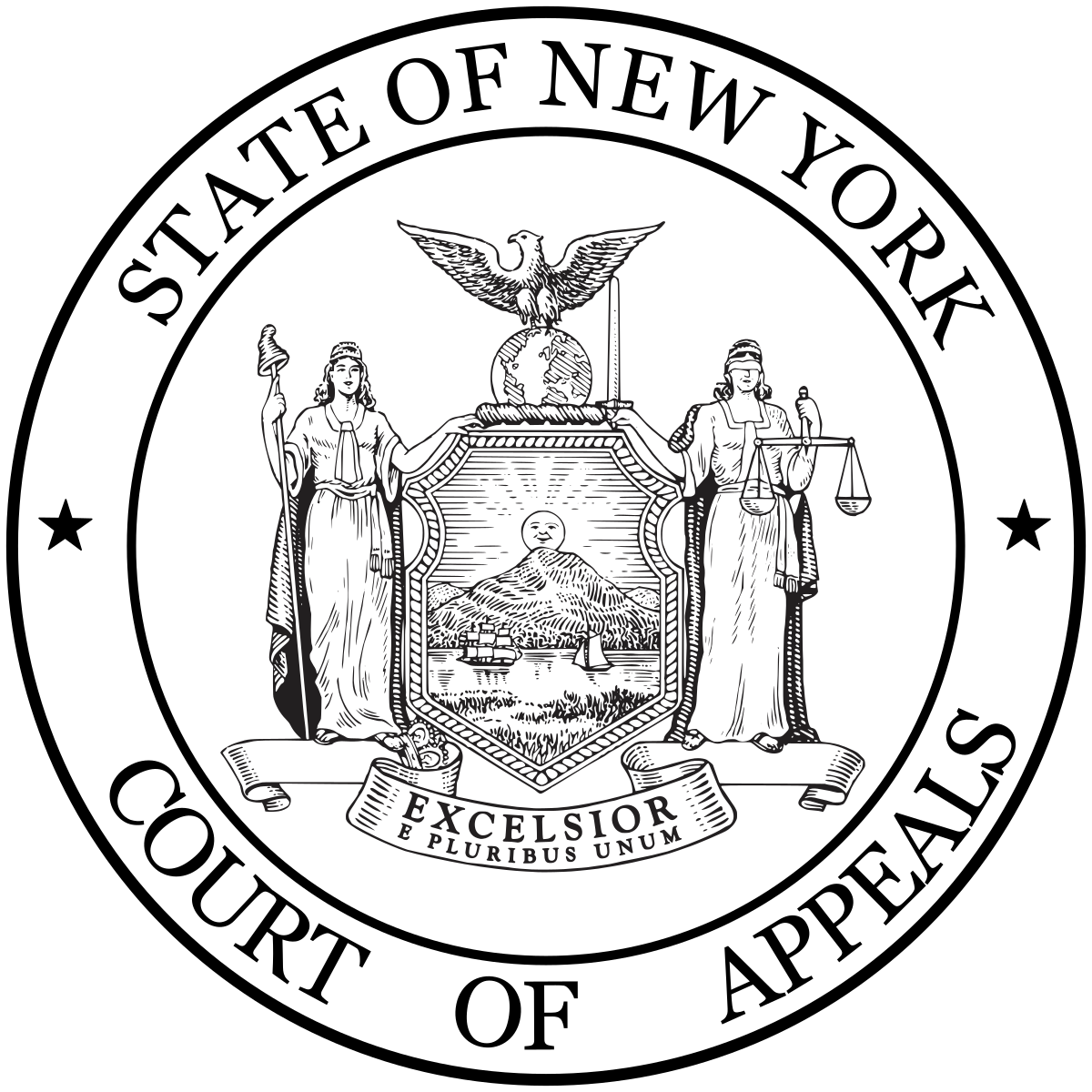Overstock.com, Inc and Amazon.com LLC were suing to have a New York State statute declared unconstitutional. The statute was aimed squarely at the affiliate programs:
“a person making sales of tangible personal property or services taxable under this article (‘seller’) shall be presumed to be soliciting business through an independent contractor or other representative if the seller enters into an agreement with a resident of this state under which the resident, for a commission or other consideration, directly or indirectly refers potential customers, whether by a link on an internet website or otherwise, to the seller, if the cumulative gross receipts from sales by the seller to customers in the state who are referred to the seller by all residents with this type of an agreement with the seller is in excess of ten thousand dollars during the preceding four quarterly periods”
The Quill Decision
This week we have had quite a stir in the Supreme Court with hearings on both the Perry and Windsor same-sex marriage cases being held. Like many Supreme Court decisions, they concern limits on federal powers over the states. The Constitution also places limits on the States. The 14th Amendment has been interpreted to protect individuals from infringements on liberty that the Bill of Rights only addressed at the federal level. Before the 14th Amendment, states could and did limit free speech and the press, as the Southern states did with respect to anti-slavery material, and establish religion. One thing that states could not do from the outset, though, was to regulate interstate commerce. That was left to Congress and if Congress does not act in an area touching interstate commerce, there may be no regulation.
There are quite a few Supreme Court decisions that have had profound effects. One thinks of Brown v Board of Education and Roe v Wade. If you are a SALT (state and local tax) enthusiast the Supreme Court decision that will grip you is Quill v. North Dakota. When my friend, Inez Mello, now of Bollus Lynch, used to speak to us about SALT, she would become practically ecstatic when she mentioned Quill. She would also assume, not always accurately, that we all knew what she was talking about.
Quill, which was decided in those long ago days of yore (1992), before the internet had become pervasive, held that a state could not force a vendor to collect sales tax if there was no physical presence in the state. You may remember what it was like back in those days. When you were ready to complete the process of your outhouse visit, you would rip a couple of pages out of one of those free catalogs. Well, the catalogs had another purpose. You could order stuff from them. It would be delivered by US Mail or maybe common carrier. As long as the company didn’t have a warehouse or a plant in your state and it wasn’t sending out honest to God travelling salesmen like these
the vendor did not have to trouble you with sales tax. You have to wonder what the point of that was, since, of course, you would be self-reporting the use tax, but that’s another story.
Things Ain’t Like They Used To Was
The Appeals Court noted that there was a lot of similarity between internet sales and mail order catalogs, even though the internet does not produce that useful byproduct that the catalogs generated. (The catalog pages do not mix well with indoor plumbing anyway, which is almost pervasive as high speed internet connections at least in my part of the world.) Those affiliate programs create a new wrinkle to be considered:
However, through this statute, the legislature has attached significance to the physical presence of a resident website owner. The decision to do so recognizes that, even in the Internet world, many websites are geared toward predominantly local audiences — including, for instance, radio stations, religious institutions and schools — such that the physical presence of the website owner becomes relevant to Commerce Clause analysis. Indeed, the Appellate Division record in this case contains examples of such websites urging their local constituents to support them by making purchases through their Amazon links. Essentially, through these types of affiliation agreements, a vendor is deemed to have established an in-state sales force.
The affiliate program has to be distinguished from mere advertising, which would not create nexus under Quill. There was an assumption that some of the affiliates would be more enterprising than I was making them, in effect, salesmen for Amazon and Overstock.
The Decision
The Court voted 4 to 1 to uphold the constitutionality of the statute. According to this story, even though Amazon disagrees with the decision, it supports federal legislation that would allow any state to collect sales tax from on-line vendors. Of course that would require Congress to act. So don’t hold your breath.
You can follow me on twitter @peterreillycpa.
Forbes.com Mar 30th, 2013































































































